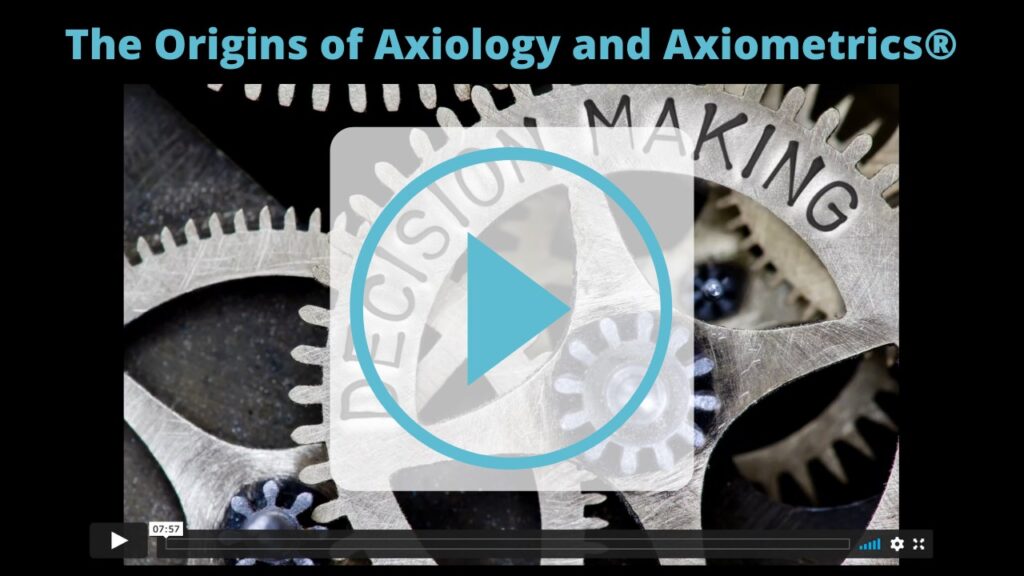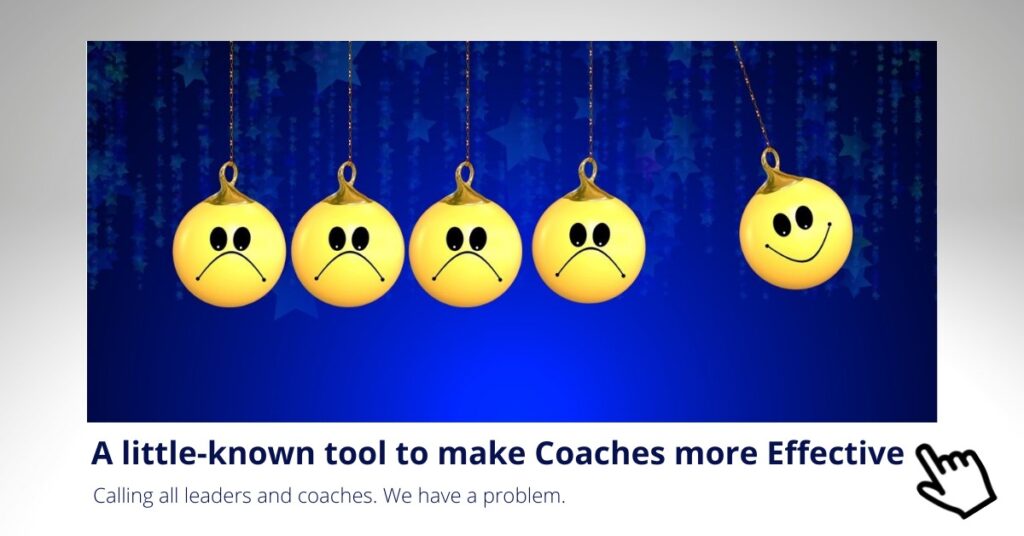How many decisions do you make in Day?
It’s estimated that the average adult makes about 35,000 conscious decisions each day. That’s a lot – considering that there are 61,200 seconds each day (assuming that you are asleep for 7 hours). Decisions range from micro to large. Each decision carries consequences that can be good or bad. We’re heading into a period when it will be critical to make good decisions. But do you understand your actual decision-making process? Do you understand your decision-making strengths and blind-spots?
How do you make decisions?
 Let’s assume that you are a professional tennis coach.
You spend many hours each day, on court. For you, a good shoe is a white, tennis shoe, well-worn. New shoes are uncomfortable!
Your valuation for a “good shoe” requires the fulfilment of the patterns, “white, tennis shoes and well worn.” Now consider this. What is your actual requirement of a good shoe? Do you have a different concept of a ‘good shoe’? For example, does it have to be made of soft leather, black, a particular brand?
Your concept of a ‘good shoe’, (in a given context), influences your decision-making when buying new shoes. Your values belong privately to you. They are unique. They influence your decisions.
Is it possible to truly understand how you value, evaluate and make decisions?
Yes! There is a way to do this! Or, to be more precise. A science. Its called Axiology, more recently known as Axiometrics® – which literally means the measurement of value. I only came across it a few years ago and I wish I’d found it earlier.
It all started a long time ago. You can see the ‘Origins Story of Axiology’ in the below video.
Let’s assume that you are a professional tennis coach.
You spend many hours each day, on court. For you, a good shoe is a white, tennis shoe, well-worn. New shoes are uncomfortable!
Your valuation for a “good shoe” requires the fulfilment of the patterns, “white, tennis shoes and well worn.” Now consider this. What is your actual requirement of a good shoe? Do you have a different concept of a ‘good shoe’? For example, does it have to be made of soft leather, black, a particular brand?
Your concept of a ‘good shoe’, (in a given context), influences your decision-making when buying new shoes. Your values belong privately to you. They are unique. They influence your decisions.
Is it possible to truly understand how you value, evaluate and make decisions?
Yes! There is a way to do this! Or, to be more precise. A science. Its called Axiology, more recently known as Axiometrics® – which literally means the measurement of value. I only came across it a few years ago and I wish I’d found it earlier.
It all started a long time ago. You can see the ‘Origins Story of Axiology’ in the below video.
 In the 1950s, Dr Robert Hartman was the first philosopher, to bring scientific understanding and measurement, of the ancient and fundamental question, ‘What is Good?’ He is regarded as the father of formal axiology.
He was born as Robert Schirokauer –and in 1932, fled National Socialist Germany. As a judge on the Berlin circuit, he was forthright with his belief, that ‘every life is sacred and that you can’t kill people for an idea’.
In order to flee Germany, he changed his name to gain a false passport to Robert S. Hartman – a surname he adopted for the rest of his life. He went on to accumulate PhDs in maths, and philosophy; he published 12 books and wrote hundreds of articles.
He undertook multi-disciplinary research & analysis from three very different perspectives.
In the 1950s, Dr Robert Hartman was the first philosopher, to bring scientific understanding and measurement, of the ancient and fundamental question, ‘What is Good?’ He is regarded as the father of formal axiology.
He was born as Robert Schirokauer –and in 1932, fled National Socialist Germany. As a judge on the Berlin circuit, he was forthright with his belief, that ‘every life is sacred and that you can’t kill people for an idea’.
In order to flee Germany, he changed his name to gain a false passport to Robert S. Hartman – a surname he adopted for the rest of his life. He went on to accumulate PhDs in maths, and philosophy; he published 12 books and wrote hundreds of articles.
He undertook multi-disciplinary research & analysis from three very different perspectives.
 You can find out more about the Three Dimension of Value in an article I wrote last year. You don’t need to be a coach to find this interesting or relevant.
Time to wrap up this article.
You can find out more about the Three Dimension of Value in an article I wrote last year. You don’t need to be a coach to find this interesting or relevant.
Time to wrap up this article.

- Impulse — Take the first option you are given and be done
- Compliance — Choosing the option that most conforms to rules or norms
- Crowd Pleaser – Going for the option that will please most people (even if it would not be your personal first choice)
- Delegating /abdication — Not making the decision yourself, but pushing it to others
- Balancing — Weighing the factors involved, studying them and then using the information to render the best decision at that moment
- Prioritising and Reflecting — Putting the most energy, thought and effort into those decisions that will have the greatest impact
 Let’s assume that you are a professional tennis coach.
You spend many hours each day, on court. For you, a good shoe is a white, tennis shoe, well-worn. New shoes are uncomfortable!
Your valuation for a “good shoe” requires the fulfilment of the patterns, “white, tennis shoes and well worn.” Now consider this. What is your actual requirement of a good shoe? Do you have a different concept of a ‘good shoe’? For example, does it have to be made of soft leather, black, a particular brand?
Your concept of a ‘good shoe’, (in a given context), influences your decision-making when buying new shoes. Your values belong privately to you. They are unique. They influence your decisions.
Is it possible to truly understand how you value, evaluate and make decisions?
Yes! There is a way to do this! Or, to be more precise. A science. Its called Axiology, more recently known as Axiometrics® – which literally means the measurement of value. I only came across it a few years ago and I wish I’d found it earlier.
It all started a long time ago. You can see the ‘Origins Story of Axiology’ in the below video.
Let’s assume that you are a professional tennis coach.
You spend many hours each day, on court. For you, a good shoe is a white, tennis shoe, well-worn. New shoes are uncomfortable!
Your valuation for a “good shoe” requires the fulfilment of the patterns, “white, tennis shoes and well worn.” Now consider this. What is your actual requirement of a good shoe? Do you have a different concept of a ‘good shoe’? For example, does it have to be made of soft leather, black, a particular brand?
Your concept of a ‘good shoe’, (in a given context), influences your decision-making when buying new shoes. Your values belong privately to you. They are unique. They influence your decisions.
Is it possible to truly understand how you value, evaluate and make decisions?
Yes! There is a way to do this! Or, to be more precise. A science. Its called Axiology, more recently known as Axiometrics® – which literally means the measurement of value. I only came across it a few years ago and I wish I’d found it earlier.
It all started a long time ago. You can see the ‘Origins Story of Axiology’ in the below video.
 In the 1950s, Dr Robert Hartman was the first philosopher, to bring scientific understanding and measurement, of the ancient and fundamental question, ‘What is Good?’ He is regarded as the father of formal axiology.
He was born as Robert Schirokauer –and in 1932, fled National Socialist Germany. As a judge on the Berlin circuit, he was forthright with his belief, that ‘every life is sacred and that you can’t kill people for an idea’.
In order to flee Germany, he changed his name to gain a false passport to Robert S. Hartman – a surname he adopted for the rest of his life. He went on to accumulate PhDs in maths, and philosophy; he published 12 books and wrote hundreds of articles.
He undertook multi-disciplinary research & analysis from three very different perspectives.
In the 1950s, Dr Robert Hartman was the first philosopher, to bring scientific understanding and measurement, of the ancient and fundamental question, ‘What is Good?’ He is regarded as the father of formal axiology.
He was born as Robert Schirokauer –and in 1932, fled National Socialist Germany. As a judge on the Berlin circuit, he was forthright with his belief, that ‘every life is sacred and that you can’t kill people for an idea’.
In order to flee Germany, he changed his name to gain a false passport to Robert S. Hartman – a surname he adopted for the rest of his life. He went on to accumulate PhDs in maths, and philosophy; he published 12 books and wrote hundreds of articles.
He undertook multi-disciplinary research & analysis from three very different perspectives.
- People-focused – Philosophy
- Task-focused – Mathematics
- Systems focused – Law
The value of anything, is determined by the extent, to which it meets the intension of its conceptThe core of Axiometrics® is driven by Hartman’s ‘Pursuit of Good’ that led him to discover that everything within the world – all People/Living organisms, Things and Ideas (or in Hartman terms ‘concepts’) have a value profile made up of 3 Dimensions of Value. This value framework also applies to how we, as human beings, evaluate and make decisions. The Three Dimension of Value, as applied to Human Values are:
- Intuitive Thinking – this is our gut instinct, our feelings – it typically applies to People
- Practical thinking, it’s about detail and problem-solving – or the Task
- Conceptual thinking, this is the idea, the concept, purpose and rules – this is the System
 You can find out more about the Three Dimension of Value in an article I wrote last year. You don’t need to be a coach to find this interesting or relevant.
Time to wrap up this article.
You can find out more about the Three Dimension of Value in an article I wrote last year. You don’t need to be a coach to find this interesting or relevant.
Time to wrap up this article.
- The Axiometrics® online “thinking” exercise only takes 15 minutes to complete
- You rearrange two sets of 18 statements – from most to least preferred
- There are no questions
- There are 6.4 quadrillion possible outcomes
- There are over 90 different types of report
- It makes no attempt to classify you or label you as a ‘type’ e.g. ENTJ or Dominant
- Is not discriminatory for age, sex, creed or culture (or personality or behavioural preference)and is validated by the EEOC
- It can be used to look at current performance, but also to predict future performance
- Has applications across the entire talent lifecycle e.g. Recruitment, Personal and Professional Development, Retention, Succession Planning, Team-working
- It can inform training needs analysis and the design of training and coaching focus
- Rigorously define and measure decision-capacities against a culture benchmark



0 Comments